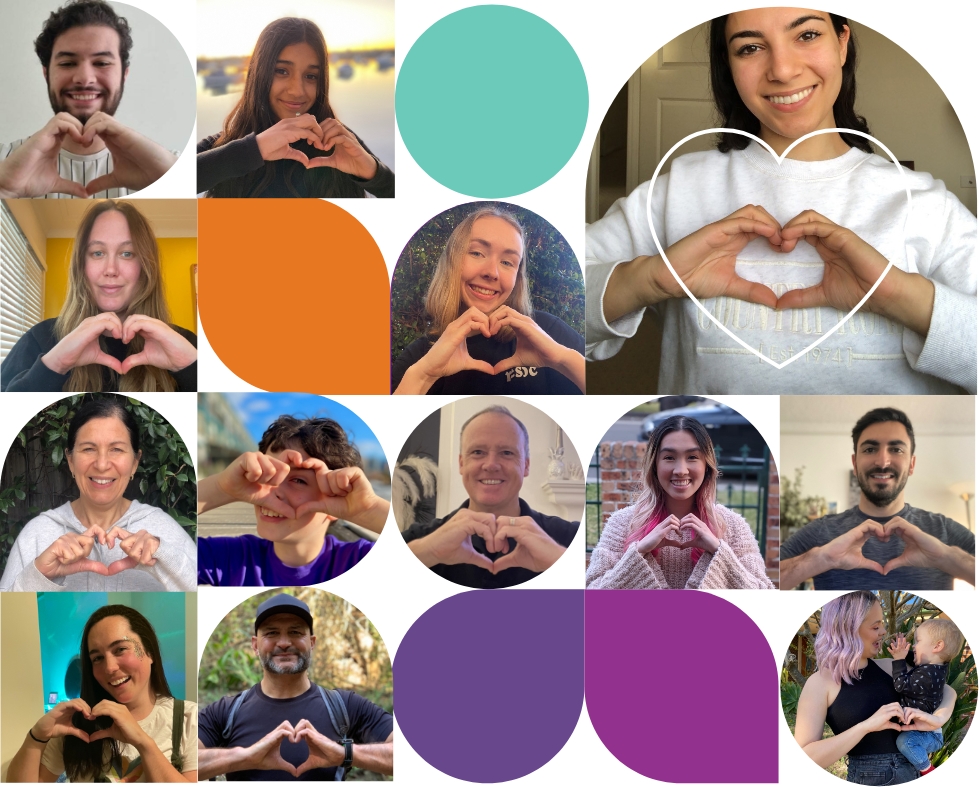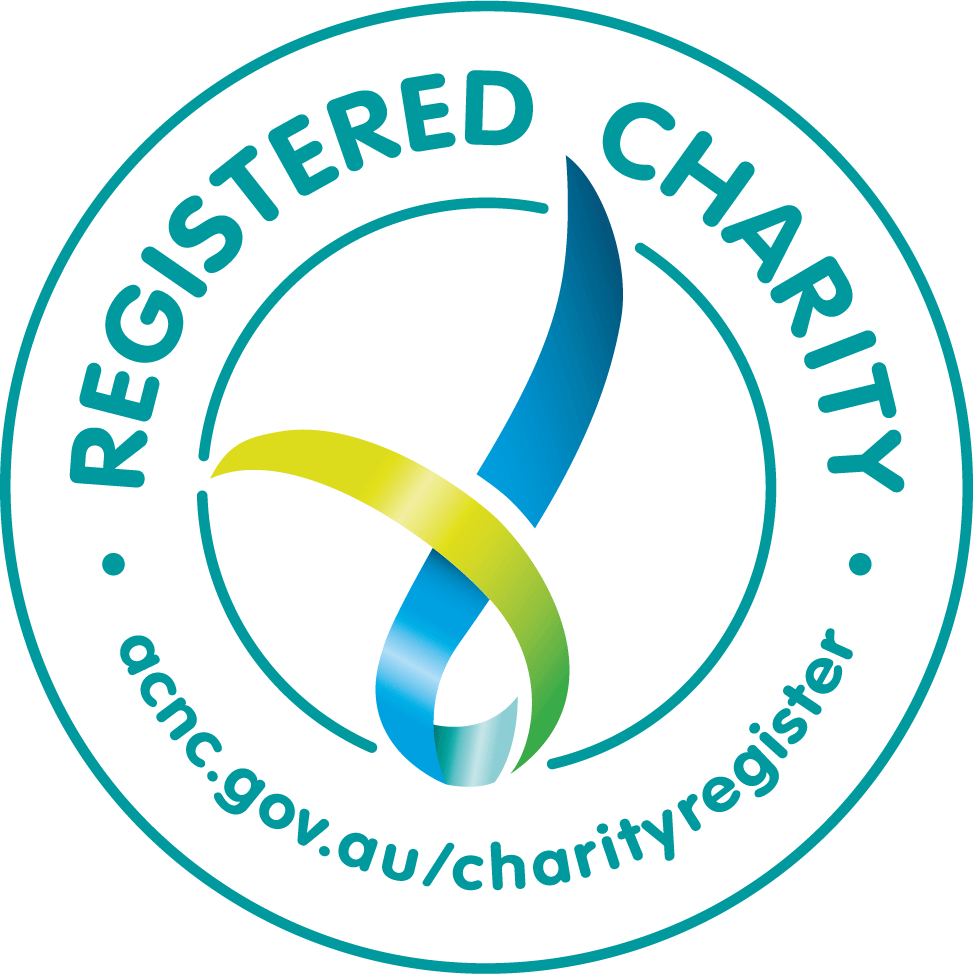When their homeland became too dangerous to stay, Ahmad* and Aafreen’s* daughter Sayeh* was already very unwell. With healthcare in their country also in crisis, the family left Afghanistan and travelled to neighboring countries to seek a diagnosis. For Sayeh, this came only when the family arrived in Australia two years ago, thanks to the HARK Clinic (Health Assessment for Refugee Kids) at The Children’s Hospital at Westmead.

Dr Nikola Morton, a Staff Specialist Paediatrician at Sydney Children’s Hospitals Network, works as an international advisor for international non-government organizations such as Médecins Sans Frontières in France and as a field paediatrician in the Middle East and Africa. Dr Morton is also the Clinical Lead of the HARK Refugee Service at The Children’s Hospital at Westmead.
Dr Morton says that refugee and asylum seeker patients are some of the most disadvantaged and require an increased level of support. The majority, like Sayeh, have high and complex healthcare needs. Sayeh’s condition is lifelong and incurable. She needs ongoing multidisciplinary medical care and has required multiple hospital admissions since arriving in Australia.
“HARK has been the core team supporting Sayeh and her family since her arrival, providing clinical care coordination as well as psychosocial support. We have linked Sayeh and her family with many other hospital services and worked in collaboration with the refugee health disability team through the NDIS, as well as advocated for Sayeh and her family as needed. Providing care coordination and a clear focal point for such a complex patient and for a family new to our country and new to the complexities of the health care system has been essential,” Dr Morton said.
Sydney Children’s Hospitals Foundation (SCHF) is now calling on our Movement of Many to help raise vital funds for the HARK Program. Operating two days a week, the demand for the service continues to climb and with the help of our Unstoppable Changemakers, SCHF can help more families like Sayeh access this extraordinary care.

Currently, there are 298 patients and 141 new patients have been assessed in the last 12 months. With a significant increase in activity due to new arrivals compounded by increasing health inequalities and the burden of disease, it is imperative this service is resourced adequately.
“Fundraising benefits our refugee and asylum seeker patients and their families by ensuring that they have equitable access to healthcare, it enables our team to provide education and training across Sydney Children’s Hospitals Network to deliver comprehensive care to these patients and their families, and it helps us strengthen our partnerships with other refugee and asylum seeker community agencies and support services,” Dr Morton said.
To help sick kids like Sayeh access extraordinary care, when and where they need it, donate today. With one foot at the front line and one in the future, we’re here to help all sick kids - no matter where, no matter what.
*Names have been changed to protect privacy













